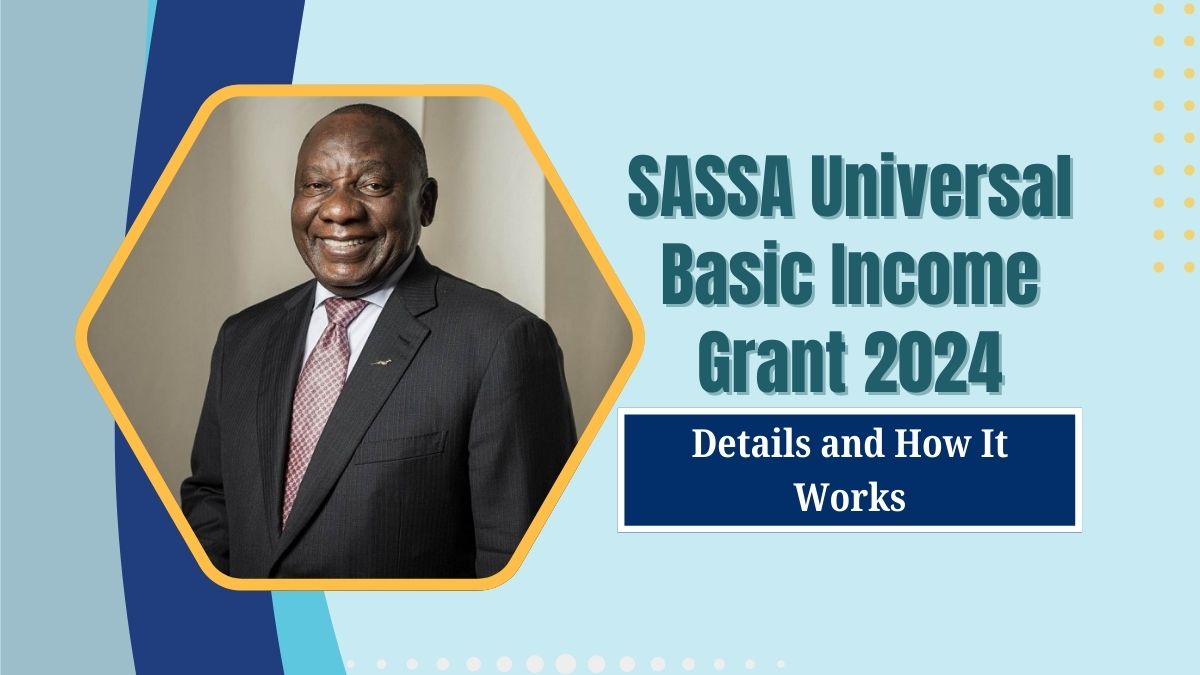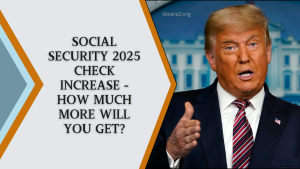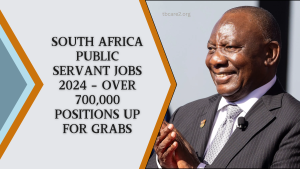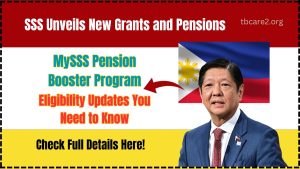South Africa is undergoing a historic political transformation, marking its most profound change since the end of apartheid. On May 29, 2024, the African National Congress (ANC) lost its majority in the general elections, leading to a period of political uncertainty. This pivotal event has triggered complex negotiations between the ANC and opposition parties as they work to form a coalition government.
Contents
The coming weeks are expected to feature intensive discussions among political parties to shape the nation’s new government. Despite differing ideologies, most parties, including the ANC and its primary competitor, the Democratic Alliance, agree on a crucial issue: maintaining or increasing income support for adults, especially the continuation of monthly COVID-19 relief payments for the poorest households.
A Bold Step Towards Universal Basic Income (UBI)
ANC’s Vision for UBI
In a bold move, the ANC proposed transforming the COVID-19 relief grant into a universal basic income (UBI). This announcement, made just a week before the elections, highlights the party’s commitment to implementing the policy within two years if it secures control of the government.
A Global First
If South Africa successfully adopts UBI, it will be the first nation globally to introduce this policy. The initiative promises regular payments to all individuals aged 18 to 59, regardless of their employment status, setting a groundbreaking precedent for social welfare.
The Current State of Social Relief
Social Relief of Distress (SRD) Grant
Currently, the Social Relief of Distress (SRD) grant is available to individuals earning below the food poverty line. However, the ANC aims to extend this support by gradually raising the income threshold, making more adults eligible. At present, the means-testing criteria are based on the outdated 2021 poverty line, leaving many in need without assistance.
Global Perspectives and the History of UBI
A Long-Standing Concept
The concept of universal basic income has been debated for decades as a potential solution to growing economic inequality. Visionaries like Elon Musk have endorsed UBI as a safeguard against job losses caused by automation. Similarly, civil rights icon Martin Luther King Jr. championed UBI as a powerful tool to combat poverty.
Spotlight During the Pandemic
The idea gained renewed attention during the COVID-19 pandemic, as governments worldwide introduced emergency financial support measures to help citizens navigate unprecedented economic challenges.
Economic Benefits of Universal Basic Income
Boosting Economic Activity
Studies reveal that providing direct financial support to low-income households yields substantial economic benefits. According to Kelle Howson, a senior researcher at the Institute for Economic Justice (IEJ) in Johannesburg, these payments stimulate economic activity by increasing consumer spending. The IEJ reports that 93% of SRD grant recipients primarily use their funds for food, underscoring the critical role of these payments in ensuring survival.
Global Examples of UBI-Like Programs
| Country | Program | Key Outcomes |
|---|---|---|
| Kenya | UBI Trial by GiveDirectly | Enabled recipients to save for large purchases, improve diets, and start small businesses. |
| Spain | Anti-Poverty Payment Scheme (€1,015/month for households) | Supported 850,000 households during the pandemic, reducing poverty and improving financial stability. |
| United States | CARES Act ($1,200 per adult) | Provided direct payments to adults earning less than $99,000 annually, offering immediate economic relief. |
| United Kingdom | Furlough Scheme & Universal Credit Increase (£100 billion) | Temporarily alleviated financial distress, though returning to austerity later led to a rise in extreme poverty. |
Post-Pandemic Economic Policies
A Shift Towards Austerity
As the pandemic waned, many governments reverted to austerity measures to manage the increased borrowing undertaken during the crisis. For example, in the UK, discontinuing enhanced universal credit payments resulted in a sharp increase in poverty levels, as highlighted by a study from the National Institute of Economic and Social Research.
South Africa’s Unique Path
In contrast, South Africa has persisted with its COVID-19 relief grants, even amid calls for stricter fiscal policies. A brief suspension of these grants in April 2021 led to widespread riots, prompting the government to reinstate them by August of the same year. However, the system still faces challenges:
- Insufficient Coverage: Current SRD payments cover only half the food poverty line, leaving recipients unable to meet basic nutritional needs.
- Accessibility Issues: Many eligible individuals struggle to receive grants due to application and distribution inefficiencies.
Criticism of the Current Relief System
Barriers to Access
The Institute for Economic Justice (IEJ) and the #PayTheGrants campaign have criticized the system for its reliance on digital applications and automated means-testing, which exclude individuals without reliable internet access.
Voices from the Ground
Elizabeth Raiters, an unemployed South African, highlights the daily struggles of those denied support. Advocacy groups like the IEJ have even pursued legal action against the government, arguing that current regulations unjustly exclude millions in need.
FAQs
What is Universal Basic Income (UBI)?
UBI is a financial system that provides regular, unconditional payments to individuals, regardless of their employment status or income, to ensure basic financial security.
How does the ANC plan to implement UBI in South Africa?
The ANC aims to transform the existing COVID-19 relief grant into UBI within two years by gradually increasing income thresholds to include all adults aged 18 to 59.
Why is UBI considered important?
UBI addresses economic inequality, provides financial stability, and stimulates economic activity by increasing consumer spending among low-income households.







